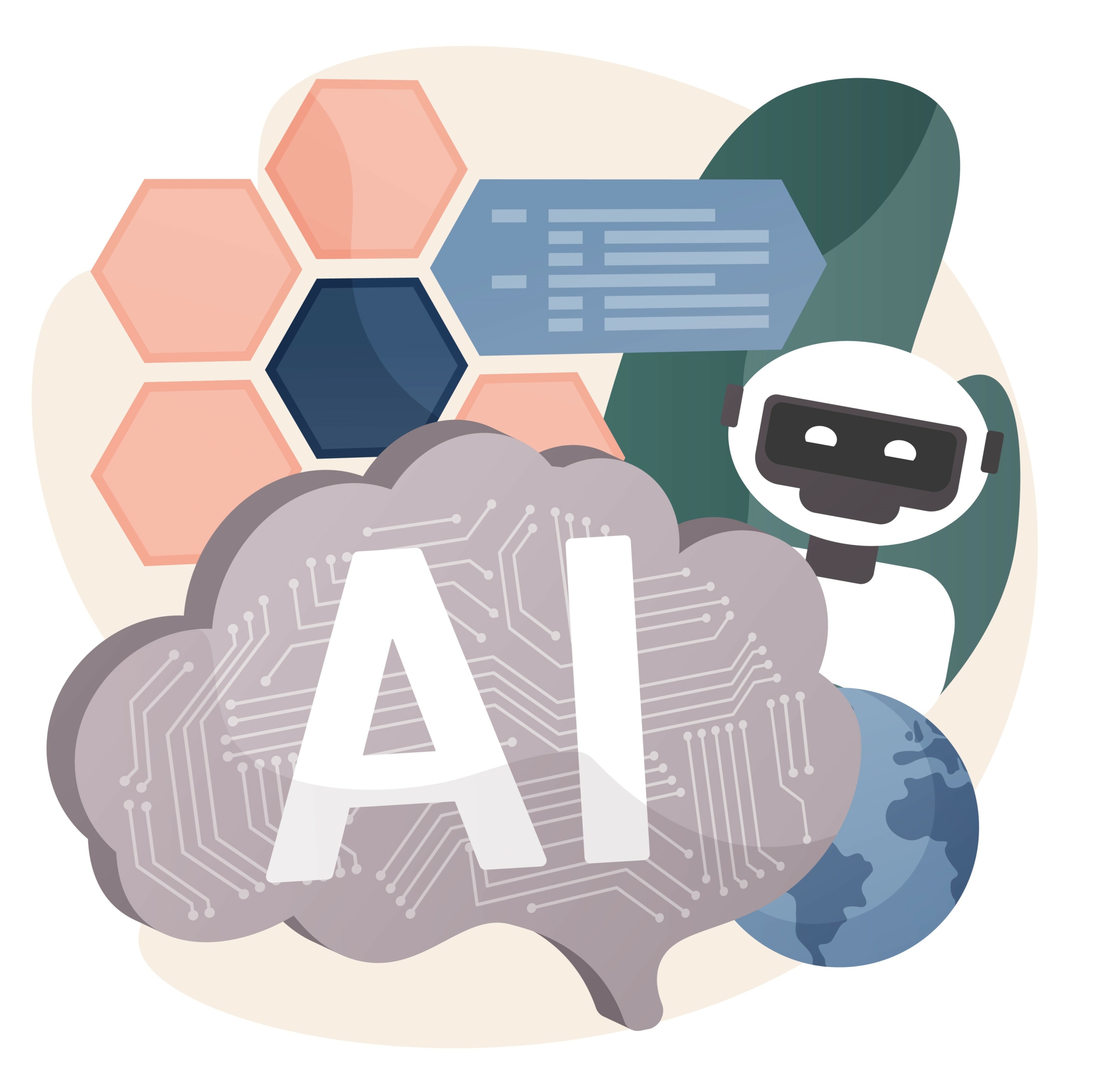Major announcements from Microsoft ($17.5bn) and Amazon (over $35bn by 2030) have placed India at the centre of global AI investment trends, offering momentum at a time when analysts frame Indian markets as a ‘hedge’ against a potential global AI bubble.
While India has rapidly adopted AI and attracted substantial funding for data centres and chip manufacturing, including a new collaboration between Intel and Tata Electronics, the country remains a follower rather than a frontrunner in sovereign AI capabilities.
India’s government is preparing to launch its first sovereign AI model, which will support more than 22 languages. Yet its $1.25 billion investment is dwarfed by France’s €117 billion and Saudi Arabia’s $100 billion AI programmes, leaving India far behind in compute availability, R&D depth, and semiconductor infrastructure.
Despite having 2.5 times the global average concentration of AI-skilled professionals, the country faces persistent talent flight due to limited high-end domestic opportunities and a lack of competitive policy incentives.
According to EY and UNCTAD, India’ punches above its weight’ relative to its economic stage, ranking among the top nations in AI talent, startup activity, and scientific publications. Still, funding gaps remain stark: Indian AI startups raised just $1.16 billion, compared to more than $100 billion in the US and nearly $10 billion in China.
India’s emerging strength lies less in foundation-model development and more in downstream AI applications, where cost-efficient tools can drive entrepreneurship and solve local challenges such as agriculture, education, and public service delivery. Apps like MahaVISTAAR, reaching over 15 million farmers, illustrate this direction.
Yet AI also poses a threat to India’s economic backbone. Analysts warn that the country’s IT services sector, which has long been a pillar of growth, is becoming increasingly vulnerable as AI automates core business functions. Underperformance in IT stocks, reduced hiring, and stagnant wages signal early disruption.
Would you like to learn more about AI, tech and digital diplomacy? If so, ask our Diplo chatbot!










